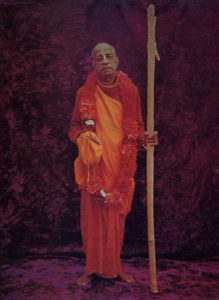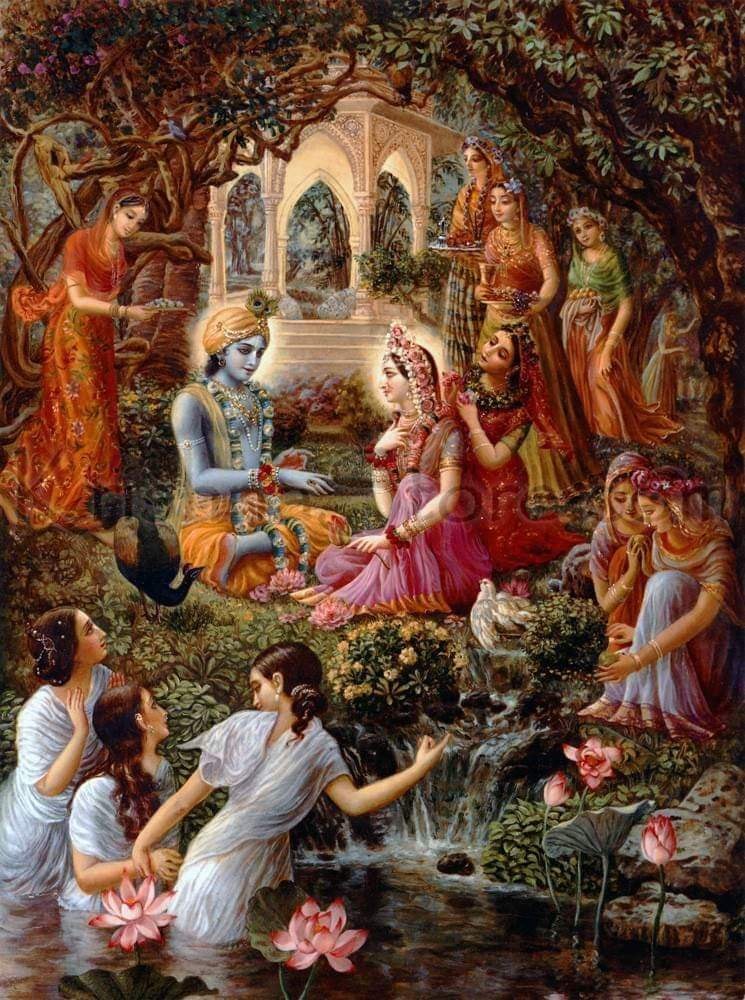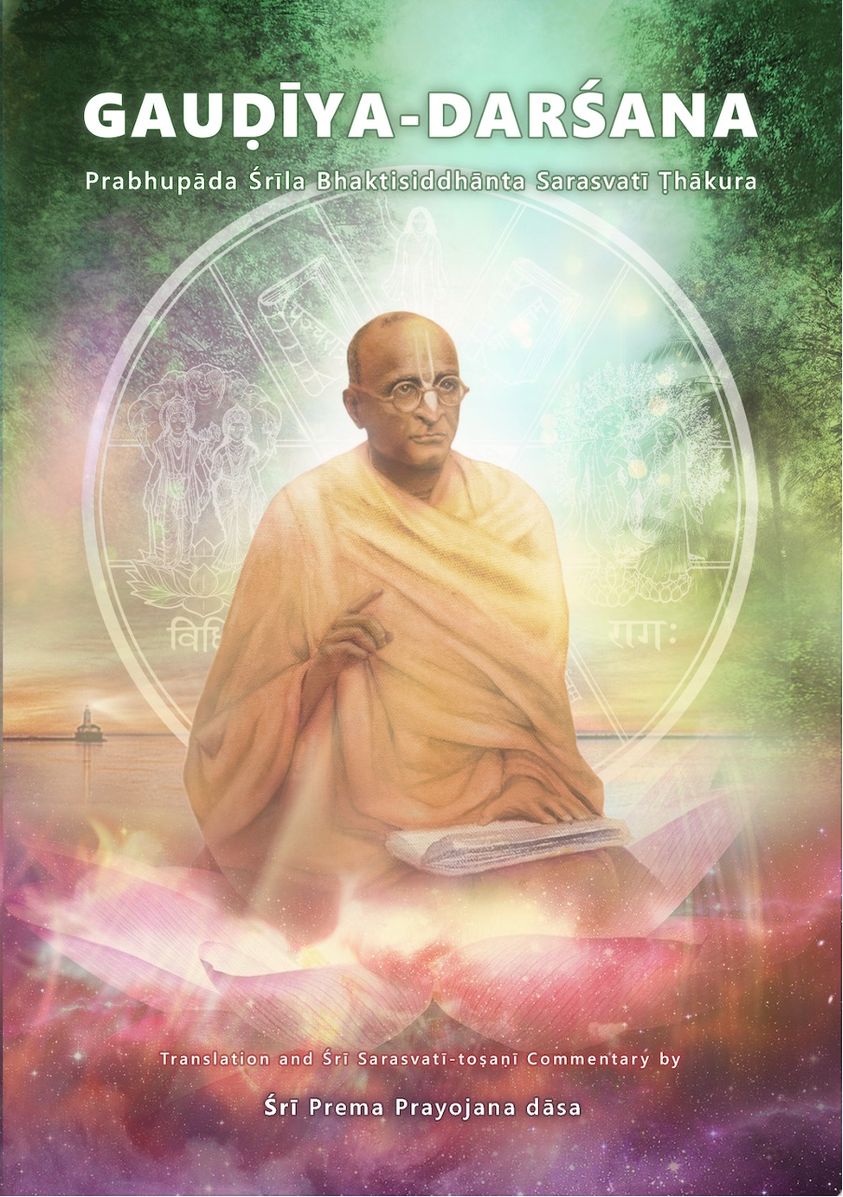
Srila A.C Bhaktivedanta Swami Prabhupada
Original Sanskrit stated 5000 years ago
Srimad Bhagavatam 4.22.27
When a person becomes devoid of all material desires and liberated from all material qualities, he transcends distinctions between actions executed externally and internally. At that time the difference between the soul and the Supersoul, which was existing before self-realization, is annihilated. When a dream is over, there is no longer a distinction between the dream and the dreamer.
PURPORT
As described by Śrīla RūpaGosvāmī (anyābhilāṣitā-śūnyam[Madhya 19.167]), one must be devoid of all material desires. When a person becomes devoid of all material desires, there is no longer need for speculative knowledge or fruitive activities. In that condition it is to be understood that one is free from the material body.
When one is completely fixed in the service of the Lord, he is a liberated person in any condition of life. He is called jīvan-muktaḥ, liberated even within this body. In such a liberated condition, there is no distinction between actions for sense gratification and actions for liberation. When one is liberated from the desires of sense gratification, he has no longer to suffer the reactions of lamentation or illusion. Activities performed by the karmīs and jñānīs are subject to lamentation and illusion, but a self-realized liberated person acting only for the Supreme Personality of Godhead experiences none.
This is the stage of oneness, or merging into the existence of the Supreme Personality of Godhead. This means that the individual soul, while keeping his individuality, no longer has separate interests. He is fully in the service of the Lord, and he has nothing to do for his personal sense gratification; therefore he sees only the Supreme Personality of Godhead and not himself. His personal interest completely perishes. When a person comes out of a dream, the dream vanishes. While
dreaming a person may consider himself a king and see the royal paraphernalia, his soldiers, etc., but when the dream is over, he does not see anything beyond himself. Similarly, a liberated person understands that he is part and parcel of the Supreme Lord acting in accordance with the desire of the Supreme Lord, and as such there is no distinction between himself and the Supreme Lord, although both of them retain their individuality. Nityo nityānāṁ cetanaś cetanānām. This is the perfect conception of oneness in relation to the Supersoul and the soul.

 Posted in
Posted in 







